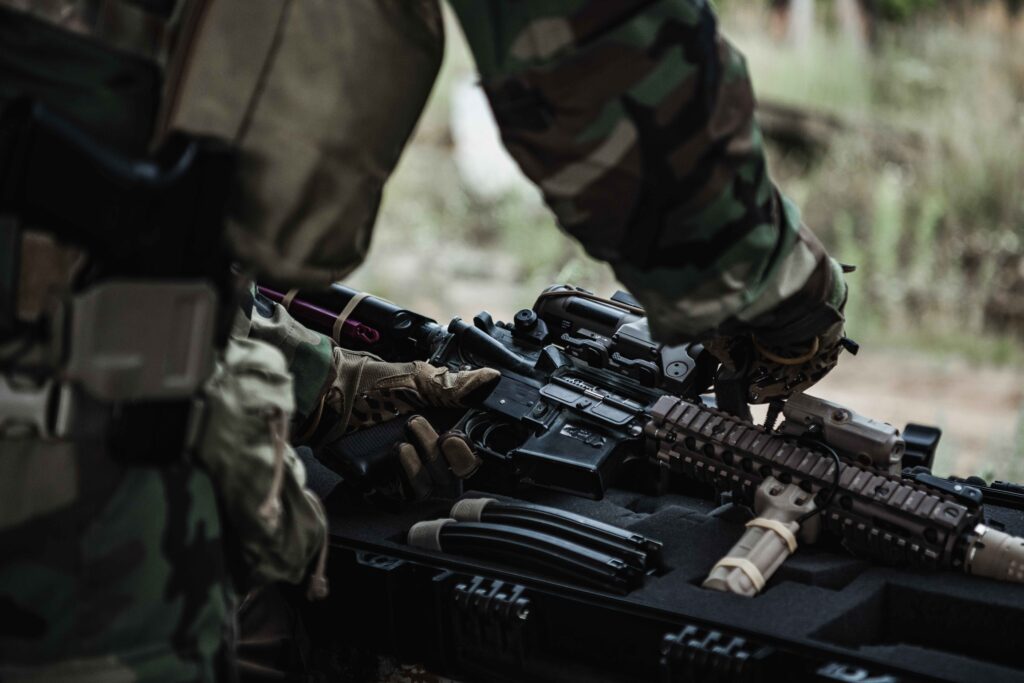The British Army has long been a cornerstone of the United Kingdom’s national identity, embodying values of service, duty, and defense. In recent years, however, questions about its internal culture and political neutrality have come to the fore. While the military has made significant strides in promoting itself as inclusive and apolitical, critics argue that deep-seated issues persist within its ranks.

Accusations of systemic racism, ties to far-right ideologies, and a failure to adapt to modern societal expectations have cast a shadow over these efforts. This raises important questions about the role of the military in a changing Britain and its ability to navigate complex social and political landscapes.
Efforts Toward Inclusivity and Diversity
In the aftermath of the Iraq War, the British Army faced a significant public relations challenge. Public skepticism about military operations abroad led the institution to focus on rebuilding its image at home. One key strategy involved emphasizing diversity and inclusivity. Campaigns showcased soldiers from different ethnic backgrounds and highlighted opportunities for women in combat roles.
While these efforts have been praised for fostering a more representative force, challenges remain. Reports of racism, both overt and systemic, continue to emerge. Critics argue that the military’s hierarchical structure and historically conservative culture make meaningful change difficult to achieve.
Far-Right Sentiment Within the Ranks
Recent years have seen allegations of far-right extremism among serving personnel, raising concerns about the army’s recruitment and oversight processes. In 2018, a government report revealed that far-right groups actively targeted former soldiers for recruitment, leveraging their military skills and sense of belonging. This has fueled debates about the military’s responsibility in addressing radicalization both within and beyond its ranks.
One particularly alarming incident involved a group of British soldiers sharing death threats against Jeremy Corbyn, the former leader of the Labour Party. The video, which showed soldiers shooting at an effigy of Corbyn, sparked outrage and underscored fears of political bias and extremism within the military.
A Neutral Institution or a Political Actor?
The British Army officially maintains a stance of political neutrality, emphasizing its role as a servant of the Crown and the nation rather than any particular political party. However, incidents like the Corbyn video and far-right infiltration have led some to question this neutrality.
Historically, the military has been viewed as an institution that reflects broader societal norms. Yet, as British society becomes increasingly diverse and politically polarized, the army’s ability to remain apolitical is under scrutiny.
Journalist Joe Glenton, an Afghanistan veteran, has delved into the complex dynamics of veterans and their interactions with far-right groups. Many former soldiers face challenges reintegrating into civilian life, making them vulnerable to extremist narratives that exploit their sense of loyalty and camaraderie.
At the same time, other veterans advocate for a more progressive military culture, calling for reforms that address systemic issues like racism and radicalization. Their voices highlight the diverse perspectives within the veteran community.
